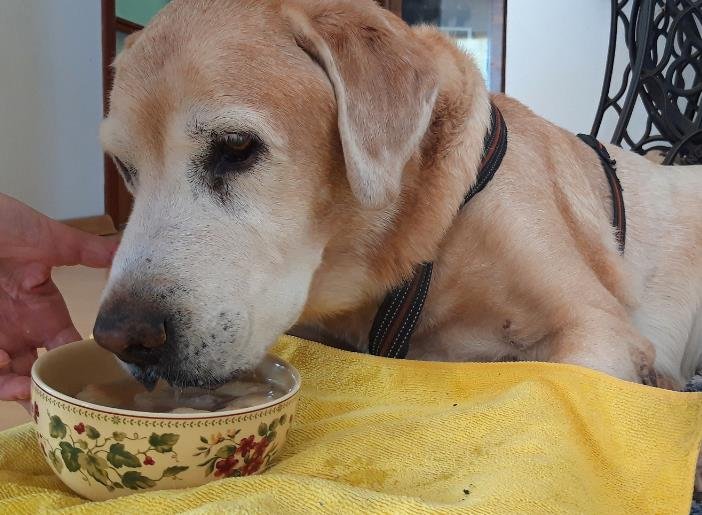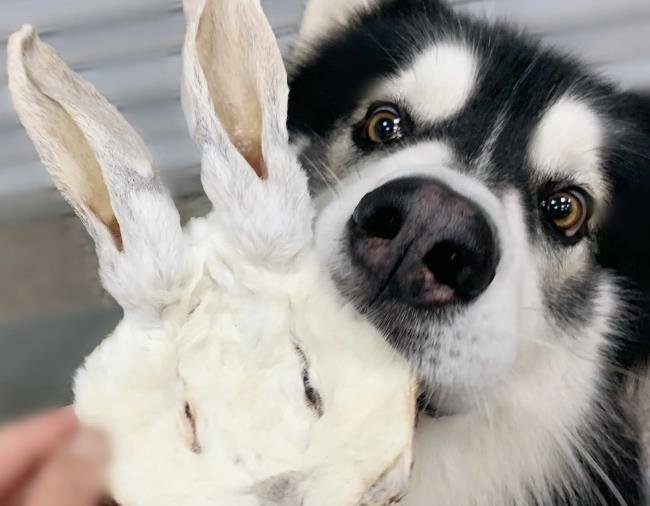Dogs generally should not eat spicy food. Here are the key points about dogs and spicy foods:
1. Sensitivity: Dogs have more sensitive digestive systems than humans and are not accustomed to spicy flavors.
2. Potential dangers:
– Gastrointestinal upset: Spicy foods can cause stomach pain, nausea, vomiting, and diarrhea in dogs.
– Dehydration: Vomiting and diarrhea from spicy food can lead to dehydration.
– Mouth irritation: Spicy foods can irritate a dog’s mouth, tongue, and throat.
– Pancreatitis: In some cases, spicy or fatty foods might trigger pancreatitis, a serious inflammation of the pancreas.
3. Specific ingredients: Some spicy foods contain ingredients toxic to dogs, like onions or garlic, which can compound the problem.
4. Individual reactions: While spicy food is generally not recommended, the severity of reactions can vary among dogs.
It’s best to avoid giving dogs spicy foods altogether. If your dog accidentally consumes spicy food and shows signs of distress, monitor them closely and consult a veterinarian if symptoms persist or worsen.

Would you like more information on safe foods for dogs or what to do if a dog eats something spicy?
If a dog eats something spicy, here are the steps you should take:
1. Remove access: First, ensure the dog can’t eat any more of the spicy food.
2. Provide water: Offer plenty of fresh, cool water to help soothe their mouth and encourage drinking to prevent dehydration.
3. Do not induce vomiting: Unless instructed by a vet, don’t try to make the dog vomit as this could cause more irritation.
4. Monitor symptoms: Watch for signs of distress such as:
– Excessive drooling
– Panting
– Vomiting
– Diarrhea
– Loss of appetite
– Lethargy
– Abdominal pain
5. Soothing foods: If the dog seems uncomfortable but isn’t vomiting, you can try giving small amounts of plain, unsweetened yogurt or milk to help neutralize the spiciness.
6. Time and observation: In many cases, mild reactions will pass with time. Keep a close eye on your dog for the next few hours.
7. Contact a veterinarian: If symptoms are severe, persistent, or worrying, call your vet for advice. Definitely seek veterinary care if:
– Symptoms last more than a few hours
– Your dog shows signs of significant pain or distress
– There’s blood in vomit or stool
– Your dog becomes very lethargic or unresponsive
8. Future prevention: Take steps to keep spicy foods out of your dog’s reach in the future.
Remember, every dog reacts differently. When in doubt, it’s always safer to consult with a veterinary professional.








